News
Polls open in Iran for presidential election
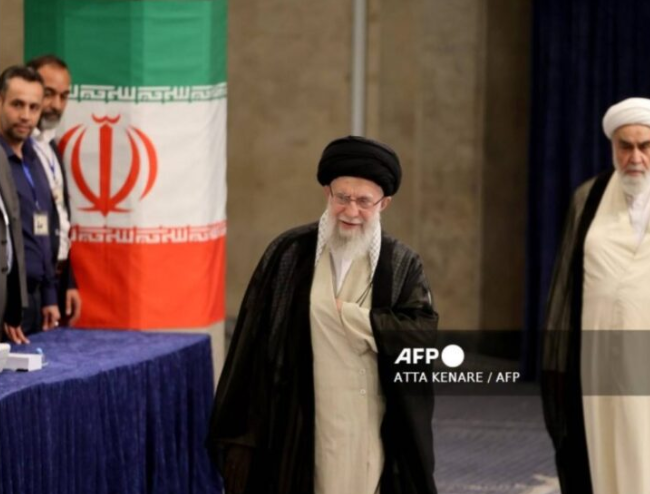
By Kayode Sanni-Arewa
Polls in Iran opened on Friday for a presidential election following the death of ultraconservative president Ebrahim Raisi in a helicopter crash last month.
The Guardian Council, which vets candidates, allowed him to run against a field of conservatives now dominated by parliamentary speaker Mohammad Bagher Ghalibaf and former nuclear negotiator Saeed Jalili.
Also left in contention is cleric Mostafa Pourmohammadi after two ultraconservatives dropped out — Tehran major Alireza Zakani and Raisi’s former vice president Amir-Hossein Ghazizadeh Hashemi.
“We start the elections” for the country’s 14th presidential ballot, Interior Minister Ahmad Vahidi said in a televised address.
Iran’s supreme leader Ayatollah Ali Khamenei cast his ballot shortly after the polls opened and urged Iranians to vote.
“Election day is a day of joy and happiness for us Iranians,” he said in a televised speech where he also called for a high turnout.
“We encourage our dear people to take the issue of voting seriously and participate,” he said.
The election in sanctions-hit Iran comes at a time of high regional tensions between the Islamic Republic and its arch-foes Israel and the United States as the Gaza war rages on.
Polls opened at 8:00 am (0430 GMT) in 58,640 stations across the country, mostly in schools and mosques.
Polling stations will be open for 10 hours, though authorities could extend voting time as in previous elections.
Early projections of the results are expected by Saturday morning and official results by Sunday.
If no candidate wins 50 per cent of the vote, a second round will be held on July 5, for only the second time in Iranian electoral history after the 2005 vote went to a runoff.
The candidacy of Pezeshkian, until recently a relative unknown, has revived cautious hopes for Iran’s reformist wing after years of dominance by the conservative and ultraconservative camps.
Iran’s last reformist president, Mohammad Khatami, praised him as “honest, fair and caring”.
Khatami, who served from 1997 to 2005, had also endorsed the moderate Hassan Rouhani, who won the presidency and sealed Iran’s nuclear deal in 2015 with Western powers before it was derailed three years later.
The Iranian opposition, particularly in the diaspora, has called for a boycott of the vote.
Ultimate political power in Iran is held by Khamenei, the supreme leader.
Khamenei insisted this week that “the most qualified candidate” must be “the one who truly believes in the principles of the Islamic Revolution” of 1979 that overthrew the US-backed monarchy.
The next president, he said, must allow Iran “to move forward without being dependent on foreign countries”.
However, Khamenei also said that Iran should not “cut its relations with the world”.
During campaign debates, Jalili criticised the moderates for having signed the 2015 nuclear accord which promised Iran sanctions relief in return for curbs on the programme.
Jalili said the deal, which the United States withdrew from in 2018 under then-president Donald Trump, “did not benefit Iran at all”.
Pezeshkian has urged efforts to salvage the agreement and lift crippling sanctions on the Iranian economy.
“Are we supposed to be eternally hostile to America, or do we aspire to resolve our problems with this country?” he asked.
The contentious issue of compulsory head covering for women also emerged during the campaign, almost two years since a vast protest movement swept the country after the death in custody of Mahsa Amini, 22.
An Iranian Kurd, Amini had been arrested for an alleged violation of the country’s strict dress code for women.
In the televised debates, all candidates distanced themselves from the sometimes heavy-handed police arrests of women refusing to wear the hijab head covering in public.
Pourmohammadi, the only clerical candidate, said that “under no circumstances should we treat Iranian women with such cruelty.”
News
Verbatim Magazine Honours Prof Nnamchi For Legislative Excellence, Quality Leadership
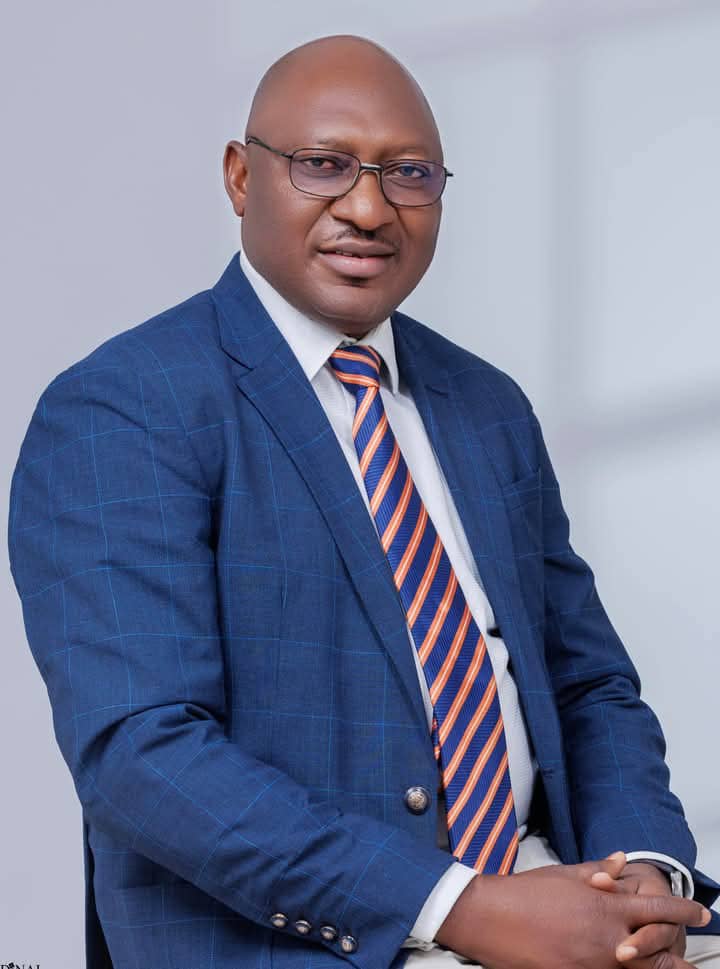
Hon. Professor Paul Sunday Nnamchi, was among the twenty eminent Nigerians including seating governors of four states who were honoured by the Verbatim Magazine at the Late General Yaradua Centre recently.
He was recognized by the investigative journal for excellence and quality leadership in legislative performance for year 2024 based on his contributions in the plenary of the House of Representatives, the number of Bills and motions he has sponsored so far.
Professor Nnamchi was last year rated the most performing legislator from the southeast by the authoritative organ of the National Assembly, “The Order Paper” which evaluates the work rates of the legislators annually.
As at the end of March, 2025, the lawmaker who represents Enugu East/Isi Uzo Federal Constituency in the 10th House of Representatives has sponsored thirty-six Bills and over twenty impactful motions in the House. Over twenty of the Bills have passed second reading.
Speaking at the well attended Verbatim 13Th Anniversary Lecture delivered by the Executive Governor of Nasarawa State, Engineer Abdullahi Sule, the magazine Editor, Mr Tobs Agbaegbu, affirmed that the awardees were carefully selected through in-depth evaluation and investigation by its team of editors.
He stressed that the magazine has established itself as a leader in investigative journalism and as such would not be associated with questionable awards that lack merits.
The award recipients cut across private and public sectors’ practitioners, governors, legislators, military officers and journalists all of whom had distinguished themselves in leadership as Trail Blazers in their chosen careers.
News
Just in: Presidency Insists INEC Chairman, Yakubu Not Sacked
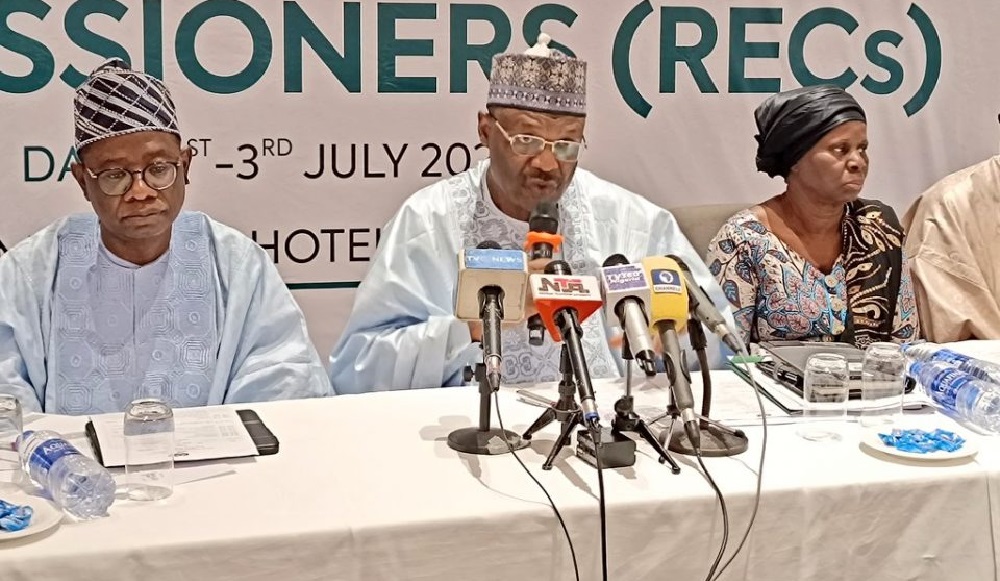
By Kayode Sanni-Arewa
The presidency has debunked reports that the INEC Chairman, Mahmood Yakubu has been replaced, describing it as ‘fake news.’
“Disregard any fake news making the rounds about the replacement of the INEC Chairman.
“Any such announcement will come from the SGF’s office or the any other official source.” – O’tega Ogra, Senior Special Adviser to President Bola Ahmed Tinubu on Digital Media and New Media.
News
Just in: Saudi Arabia Suspends Visa Issuance to Nigeria, 13 Other Countries
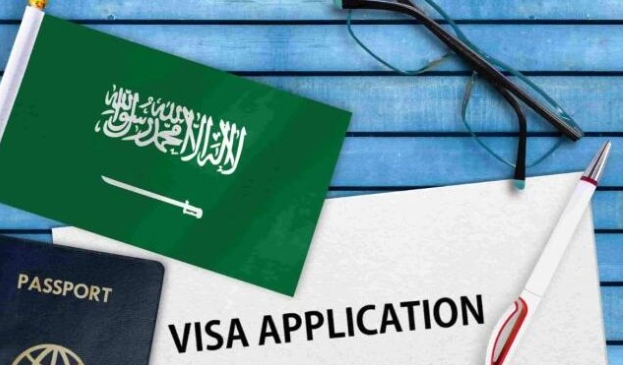
By Kayode Sanni-Arewa
Umrah, business, and family visit visas for citizens of 14 countries, including Nigeria, Egypt, and India, as part of preparations for the upcoming Hajj season.
Officials speaking to ARY News said, “The suspension of Umrah, business, and family visit visas is aimed at preventing unregistered individuals from attempting to perform the pilgrimage.”
The move comes amid concerns over the rising number of pilgrims attempting to join Hajj without official permits. In recent years, many visitors have overstayed their visas, contributing to overcrowding and serious safety risks.
Authorities also expressed concern over the misuse of business or family visit visas by individuals who enter the Kingdom and work illegally, a violation that “disrupts the labour market and breaches visa conditions.”
The Saudi foreign ministry stated that the new measures were implemented “to streamline travel procedures and enhance safety during Hajj.
It added, “Individuals found to be staying in the Kingdom illegally may face a five-year entry ban.”
The countries affected by the ban are India, Pakistan, Bangladesh, Egypt, Indonesia, Iraq, Nigeria, Jordan, Algeria, Sudan, Ethiopia, Tunisia, Yemen, and Morocco.
-
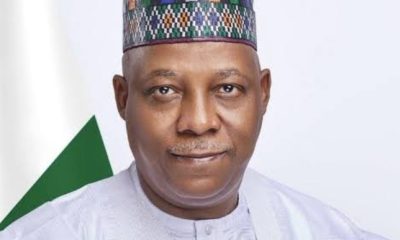
 News16 hours ago
News16 hours agoAPC opens up over alleged rift between Tinubu and his deputy, Shettima
-
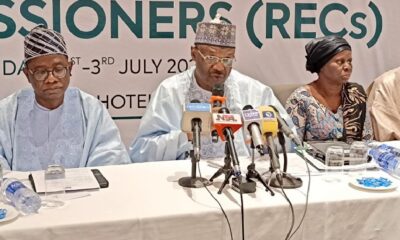
 News11 hours ago
News11 hours agoJust in: Presidency Insists INEC Chairman, Yakubu Not Sacked
-
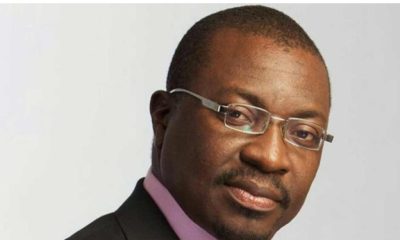
 News16 hours ago
News16 hours agoVeteran comedian opens can of worms, says I ‘ve caught many of my friends wives flirting with big men, govs
-
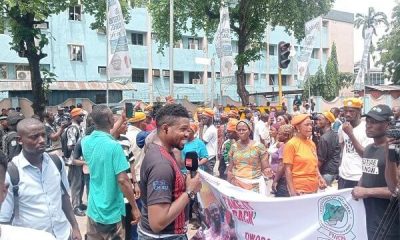
 News12 hours ago
News12 hours agoJUST IN: Police Nab leaders of April 7 nationwide protest
-
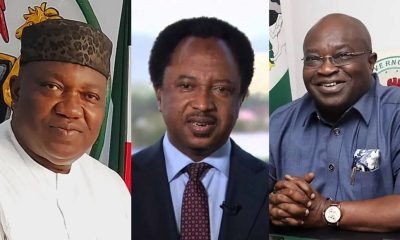
 News23 hours ago
News23 hours agoIkpeazu, Ugwuanyi, Shehu Sani, Omokri, others make ambassadors’ list
-

 News23 hours ago
News23 hours agoPolice warn against planned nationwide protest
-
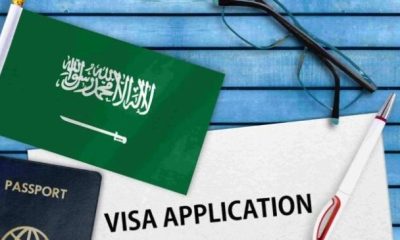
 News11 hours ago
News11 hours agoJust in: Saudi Arabia Suspends Visa Issuance to Nigeria, 13 Other Countries
-

 Economy16 hours ago
Economy16 hours agoSEE Black Market Dollar To Naira Exchange Rate In Lagos, FCT, April 7th 2025




